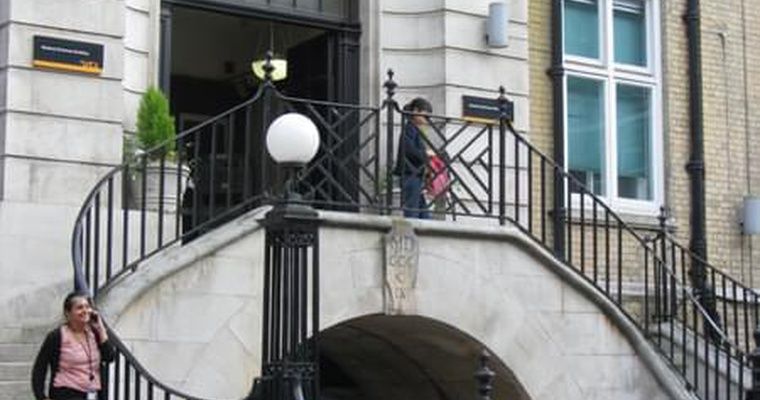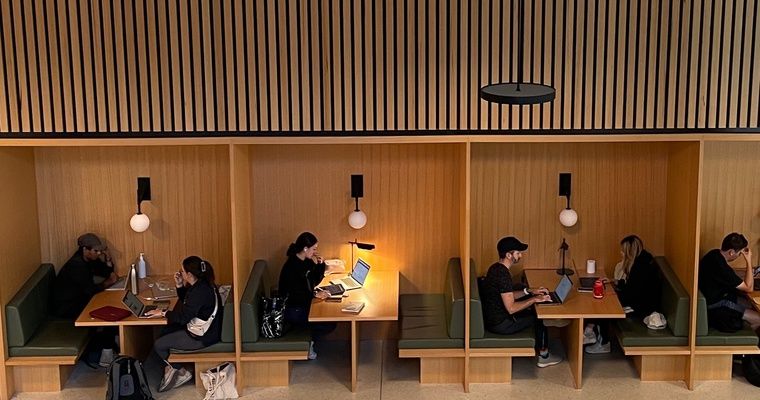Will the campus ever be the same for students?
Research
Every higher education institute around the world is facing a different mix of challenges amidst Covid-19. Drastic revenue reductions, staff redundancies, research interruptions and teaching delivery changes will disrupt the way universities operate, in some cases these changes will be permanent.
Student experience was changing long before Covid-19
More people than ever are obtaining degrees. By 2030, 300 million people could hold a degree (which will have doubled from 2013), with around 18,000 degree-granting institutions across 180 countries. The growth in demand for degrees has seen enrolments, and class intakes, increase substantially. Universities have widened intakes to include international, indigenous, regional, low socio-economic or disadvantaged students. These groups face various and broad financial, social and health pressures and, in turn, the student experience has become less personal.
The growth and diversification saw universities already grappling with keeping students engaged before Covid-19 brought the forced closure of campuses and a transition to online teaching. So what will the role of the physical campus be in the future? Will preferences slowly change towards online learning, or will students want to come back once the immediate Covid-19 threats reduce?

The Covid-19 prepared campus will be very different
Surveys of students show a strong desire to be back on campus. It is important, however, to remember that students are yet to experience the Covid-19 campus, their desires are based on the campus they knew before. For some time (and we don't know how long) there will be changes like reduced class occupancies, lower numbers of total students on campus (rotated cohorts), some or all classes online and mandatory masks and testing. We can also expect break-outs of Covid-19 to occur on campuses, with emergency shut downs needing to occur.
Feedback from students during this time is imperative and will help maintain transparency and a sense of community. However, the influence of this feedback on long term planning decisions should be considered carefully. This is not a normal period of operation.
Does online learning mean the end of the campus?
'Remote learning' is not the same as 'remote learning during a pandemic'. Institutions were prepared to different degrees to manage a rapid transition to online learning. For some students, they've had sufficient resources and support which made the shift less daunting, others have had very little support or in some cases limited teaching all together.
The campus still has a very important role to play in bringing people together
As campuses transition back, students will have more opportunity for unstructured social interaction. The discontent with online teaching has been exacerbated by limitations of quarantine - such as needing to self motivate to watch online lectures (verses having a designated time and location to attend), limited interaction with fellow students and friends, fewer opportunities for feedback and questions with lecturers and poor home set up for study.
Face to face interactions are much more valuable than just a social chat. The small nod a teacher can provide in class, a word of encouragement, a challenge to a student's view from a classmate, walking into the student union with a question are all micro-moments that, alone, seem unimportant but collectively shape one's experience at university and contribute to overall motivation. Physically attending the campus, whilst also needing to still do some classes remotely, will likely see the teaching satisfaction increase as they are able to source some of these interactions outside of the classroom.
How will the campus change?
We are going to see a significant slow-down in new buildings on campuses as budgets reduce. The focus will turn towards revitalising the existing campus. Data on how space is utilised across campuses are often help by multiple departments without a strategic view across the estate. We will start to see this change.
In the immediate term, outdoor areas will be more important than ever as we understand more of how the virus is transmitted through indoor air. Campuses need activated, weather-protected outdoor areas that are multi-functional. Students haven't tended to use outdoor spaces to study and work for long periods due to distractions like glare, wind, lack of power points, temperature, uncomfortable chairs etc. However, we expect preferences will change and these spaces will be in higher demand to reduce the risk of indoor transmission.
In the long term, digital and face-to-face learning will become more integrated. But this doesn't mean students will study from home. For instance, they might view lectures within groups on campus. Campus opening hours and designated times to meet others are factors which help students build a routine and motivate themselves. Students still require some level of structure for success.
Informal study areas and libraries are already becoming more akin to co-working spaces and this trend will continue. We will likely see cafes and dining halls also transition to multi-disciplinary spaces. To realise the true value of the estate as many spaces as possible should work for multiple functions. Even labs and workshop areas can be better adapted.
How students arrive to campus will be under pressure whilst Covid-19 risks are still prominent. Public transport will be replaced with active cycling or walking (where infrastructure allows) or potentially private cars, putting pressure on parking facilities. For campuses in suitable locations, this is a perfect opportunity to encourage more active transit.
The non-tangible assets will also become very important, like a sense of belonging. Before Covid-19, about half of students felt a sense of belonging to their institution, they often have trouble meeting others and growing their friendship groups. Activities, programs and spaces which enourange social connection will grow in importance. Read more about building a sense of community and belonging in our latest report, the link is below.
What is clear, is that students that signed up for a degree on campus expect more than online classes. They have invested in a university because of the brand, the promises, the visceral experience of walking through that campus and studying in the library. Whilst high-quality online learning is costly to implement, students don't see the value in that cost. They derive value from the sum of their experiences. These micro-experiences that make up their day will become more important.
Receive a copy of the report on student belonging, post Covid-19.
Please enter your email address below to download this publication.
Thank you
A copy of the requested download will be emailed to the address supplied.



